Yiddish Authors Featured in the Libretto
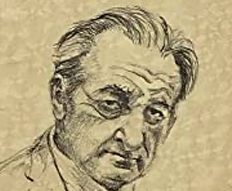
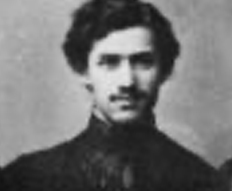
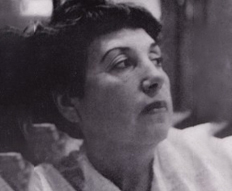
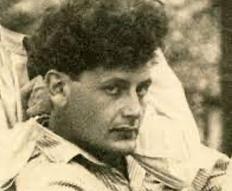
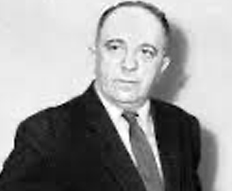
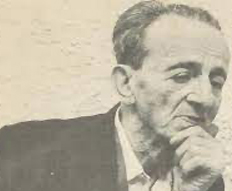
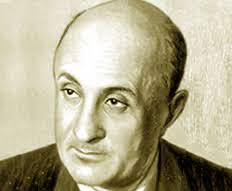
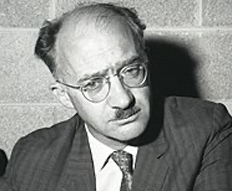
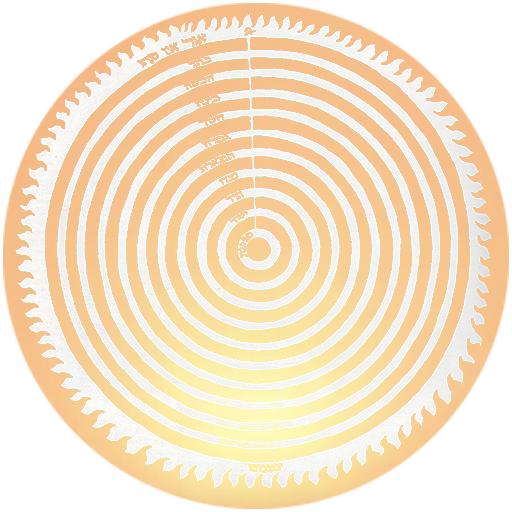
Dovid Hofshteyn (1889-1952) and Peretz Markish (1895-1952) both left Russia during the years of war and revolution and were pioneers of modernist literature in Yiddish after the first World War. Both returned to the USSR in the mid-1920s and became involved in Soviet cultural activities in Yiddish. Like other Yiddish writers, Hofshteyn and Markish participated in the Jewish Anti-Fascist Committee. In 1948, as part of the process of eliminating Yiddish culture in the USSR, both were arrested and tried alongside other Jewish authors. On August 12, 1952, they were executed by the Soviet government in what has come to be known as the Night of the Murdered Poets.
Moyshe Teyf (1904-1966) developed as a writer within the Soviet context. He fought against Nazi Germany as a soldier in the Red Army. His family was murdered in Minsk during the Holocaust. In 1948 he was jailed but was released upon Stalin’s death in 1953. After the war, he continued to write about trials and tribulations.
Avrom Sutzkever (1913-2010) and Simkha-Bunim Shayevitch (1907-1944) experienced the horrors of the Holocaust firsthand. Sutzkever was already a well-known poet when the war broke out and vigorously continued his literary and cultural work in the Vilna ghetto. He joined a Jewish partisan unit and was smuggled into the Soviet Union, reaching Moscow and immigrating to Israel, becoming one of the most important Yiddish poets of the 20th century. The theme of the Holocaust occupied a central focus in his poetry. Shayevitch was interred in the Lodz ghetto, and despite the loss of those closest to him, he continued to be a prolific author. He was deported to Auschwitz-Birkenau in the Summer of 1944 and from there to the Kaufering camp, where he died of typhus. Most of his writings were discovered after the war.
Yisroel Emyot (1909-1978) was highly regarded in the Yiddish and Hebrew literary community, focusing primarily on religious topics. During the Holocaust, Emyot wrestled with his faith and writings centred around current events. After fleeing to the Soviet Union during the war, he later moved to the United States.
Reyzl Zhikhlinski (1910-2001) was also well-known as a promising young poet in the years before the war. After the German occupation of Poland, she fled to Soviet-controlled territory; this journey is a source of significant expression in her poetry. After the war, she returned to Poland to discover that her immediate family had been murdered during the Holocaust. Soon thereafter, she immigrated to the United States.
Itzik Manger (1901-1969) was widely considered as a poet with a unique style among his peers. In the 1930s, he moved to Warsaw and later to Paris, escaping Nazi persecution. After the war, he continued to reflect on the destruction of European Jewry during the Holocaust. In his final years, he lived in Israel.
